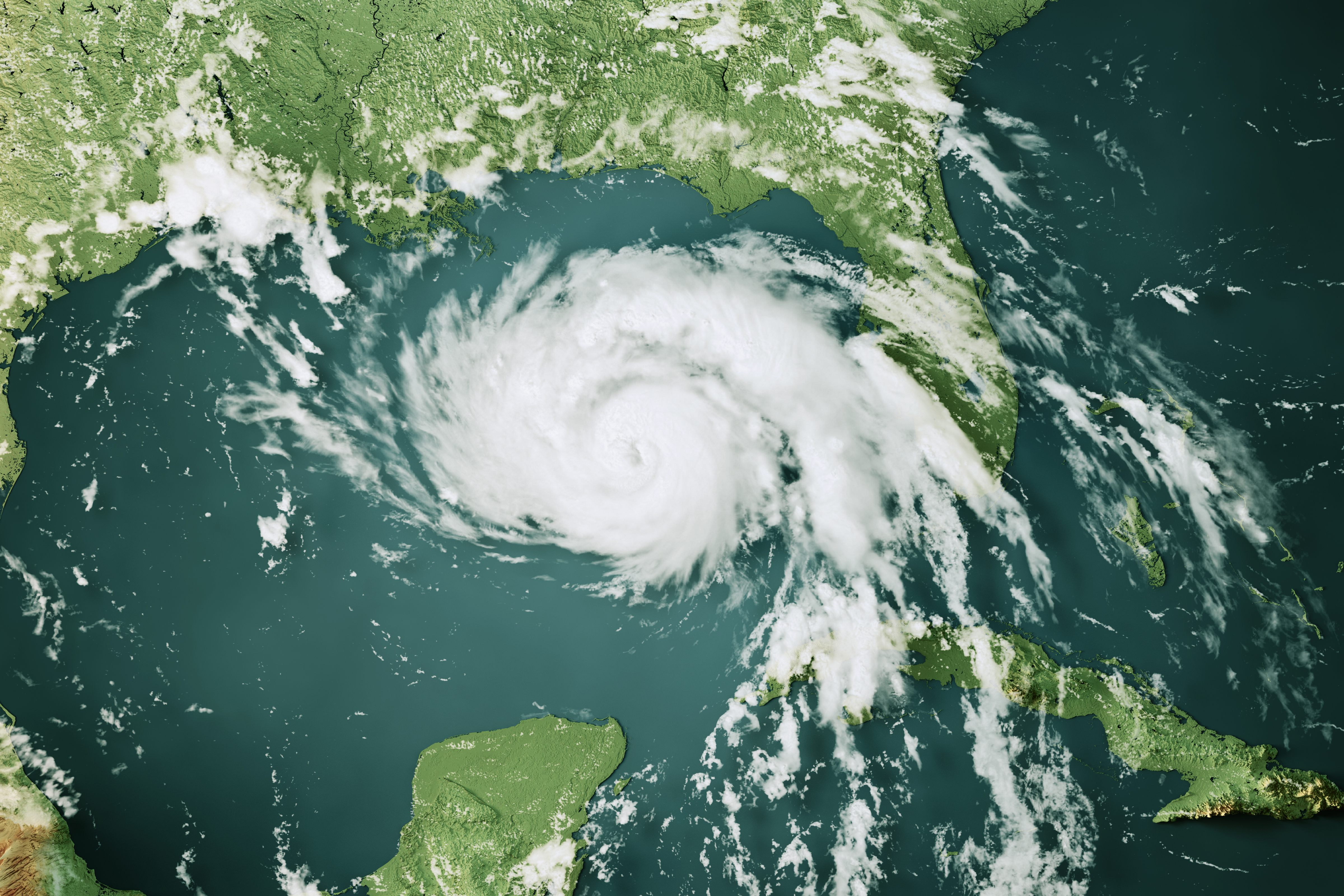AARP Hearing Center

Ever since last year, when Hurricane Ian devastated Southwest Florida, I’ve been thinking about how AARP can help Floridians 50+ better prepare for the official hurricane season which begins on June 1. We have developed a broad range of resources to help you get ready, and we keep them updated at our Disaster Help Website. But I know that for those who are new to Florida, the amount of guidance can be overwhelming, while to those of us who have been through many storm seasons without a direct hit, we can become numb to the calls to prepare. So, in addition to pointing you to the downloadable checklist and many other resources on our website, let me highlight a few decisions you should make right now.
- Know Your Zone – When storm surge and flooding are significant risks, county leaders may call for evacuations in your community based on their flood-risk zone. Find out know which zone you live in, and know that the higher priority zone you’re in, the more important it is to be ready to evacuate.
- Know Your Home – Flooding isn’t the only risk that tropical weather brings; wind damage is a significant threat as well. While any home is at risk of damage from major hurricanes, Florida’s building codes have been strengthened over time, which started in 1992 with the aftermath of Hurricane Andrew. If you live in an older home, it may not be up to the latest storm-hardening codes. If you live in a mobile home, you are almost certainly at high risk of wind damage. This is another important factor in preparing whether to evacuate, because even a home that is not in a flood evacuation zone can be rendered unlivable by high wind damage.
- Know Yourself and Family – Even if your home is safe, disasters can be disruptive. It’s common to be without electricity for days, and fallen trees can block access to roads. So even if your home is up to the latest codes and on high ground, you should think about whether you want to weather the storm from home. This is even more true for those caring for loved ones (including your pets!). We recommend creating a “Stay Kit” with at least 7 days of supplies, so you are prepared if you choose to ride out a storm at home, and a “Go Kit” if you need to evacuate.
- Know Your Options – Chances are good that the above steps will lead you to some scenarios in which your best plan is to stay, and some when you should leave. If we know anything about hurricanes in Florida, it’s that their ultimate path can be very hard to predict, so as you think about where you might go, identify multiple options in different directions. If friends and family can safely accommodate you, that’s usually the best plan; if you can afford it, hotels provide another option. Shelters are available for those who need them; if that’s your best option, make sure you know where your county’s pet-friendly or special needs shelters are, if you need them, as well as how to sign up.
I hope these initial decisions give you a better sense of control as you begin to prepare for this hurricane season. Know that AARP is here for you, with lots of good information and helpful guides to solidify your preparations. Don’t delay - those who have been through the devastating impacts of major hurricanes in Florida will tell you that the time you spend preparing now, when the sky is blue, is well worth it.































































